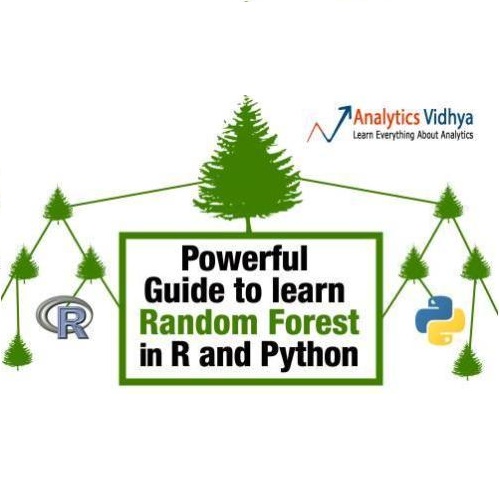Sampling-based motion planners perform exceptionally well in robotic applications that operate in high-dimensional space. However, most works often constrain the planning workspace rooted at some fixed locations, do not adaptively reason on strategy in narrow passages, and ignore valuable local structure information. In this paper, we propose Rapidly-exploring Random Forest (RRF*) -- a generalised multi-trees motion planner that combines the rapid exploring property of tree-based methods and adaptively learns to deploys a Bayesian local sampling strategy in regions that are deemed to be bottlenecks. Local sampling exploits the local-connectivity of spaces via Markov Chain random sampling, which is updated sequentially with a Bayesian proposal distribution to learns the local structure from past observations. The trees selection problem is formulated as a multi-armed bandit problem, which efficiently allocates resources on the most promising tree to accelerate planning runtime. RRF* learns the region that is difficult to perform tree extensions and adaptively deploys local sampling in those regions to maximise the benefit of exploiting local structure. We provide rigorous proofs of completeness and optimal convergence guarantees, and we experimentally demonstrate that the effectiveness of RRF*'s adaptive multi-trees approach allows it to performs well in a wide range of problems.
翻译:抽样运动规划者在高维空间操作的机器人应用方面表现特别出色。然而,大多数工作往往限制某些固定地点的规划工作空间,对狭小通道的战略没有适应性理性,忽视了宝贵的当地结构信息。在本文件中,我们提议快速探索随机森林(RRF* ) -- -- 将快速探索植树方法特性和适应性地学习在被认为是瓶颈的区域部署巴伊西亚地方取样战略的通用多树运动规划者结合起来。地方采样利用Markov链随机取样的空间的当地连接性,这种采样通过Bayesian提案的分发相继更新,从以往的观测中学习当地结构。树木选择问题被描述为一个多臂大带问题,在最有希望的树上有效分配资源,以加快规划的运行时间。RRF* 学习了难以进行树木扩展的区域,在这些地区以适应性方式部署当地取样战略,以尽量扩大利用当地结构的好处。我们提供了完整和最佳汇合方法的严格证明,我们实验性地展示了RRRRR的多样化方法。




